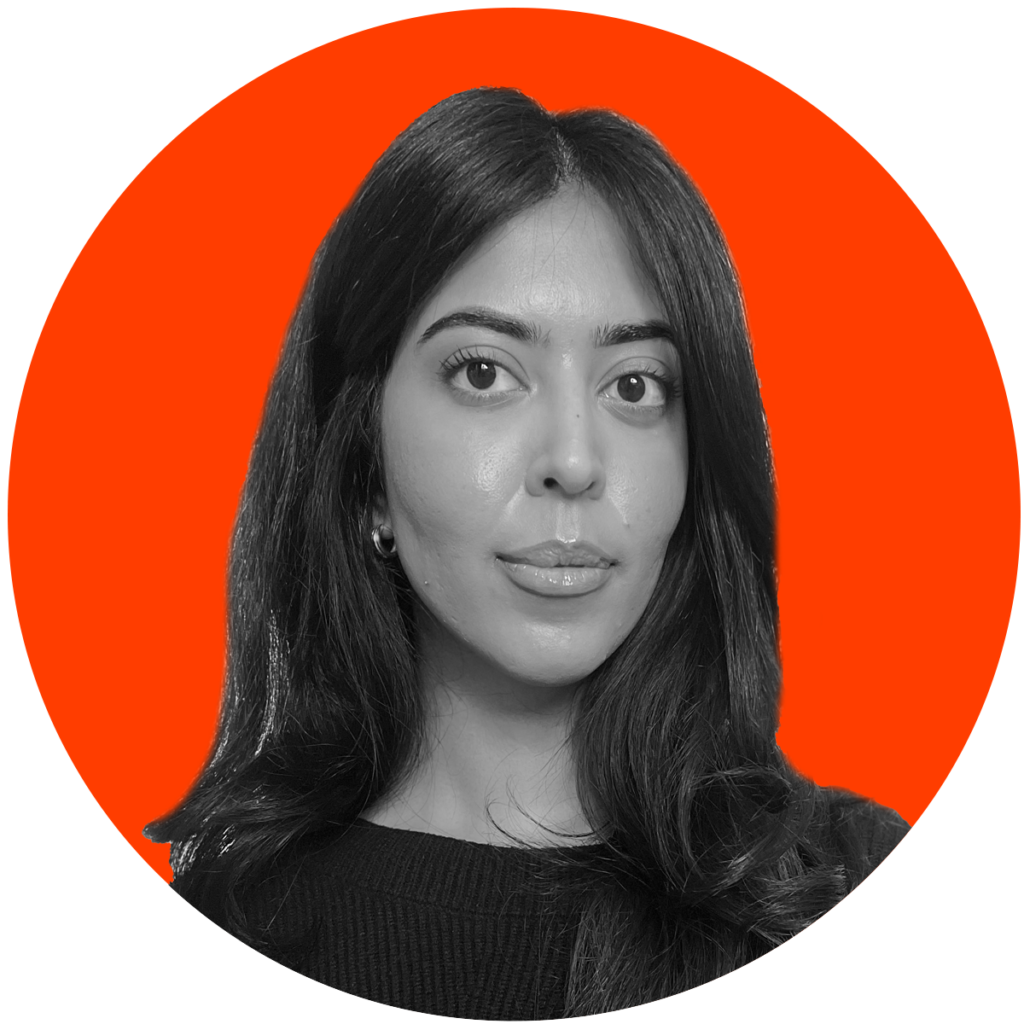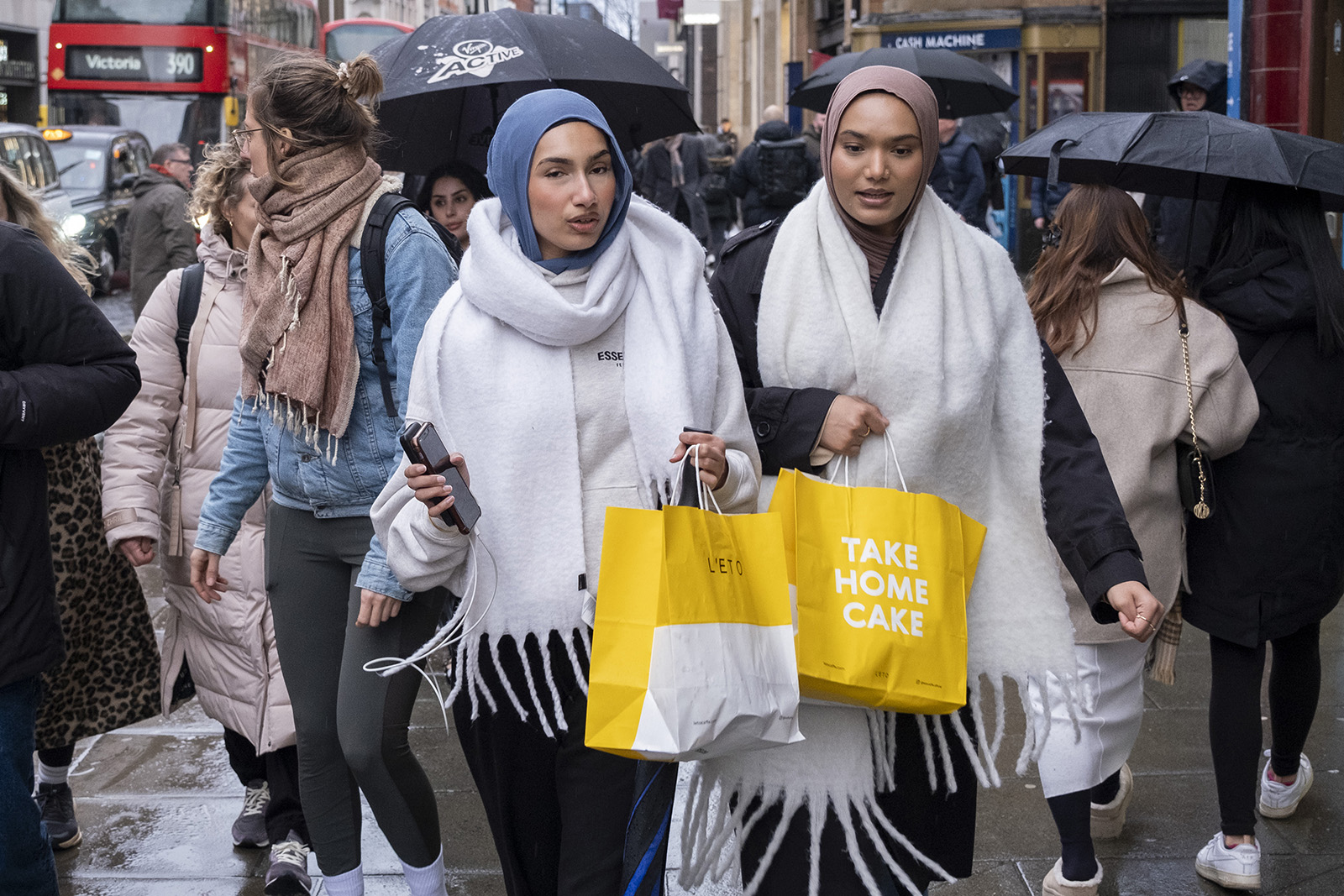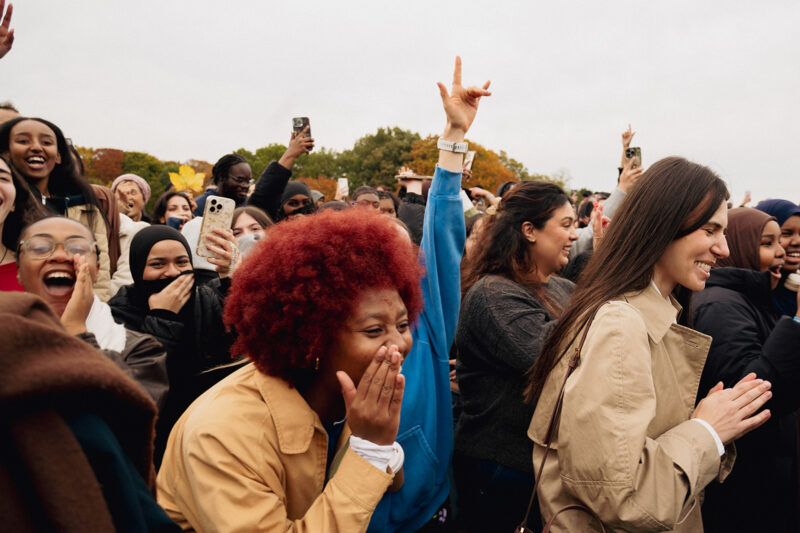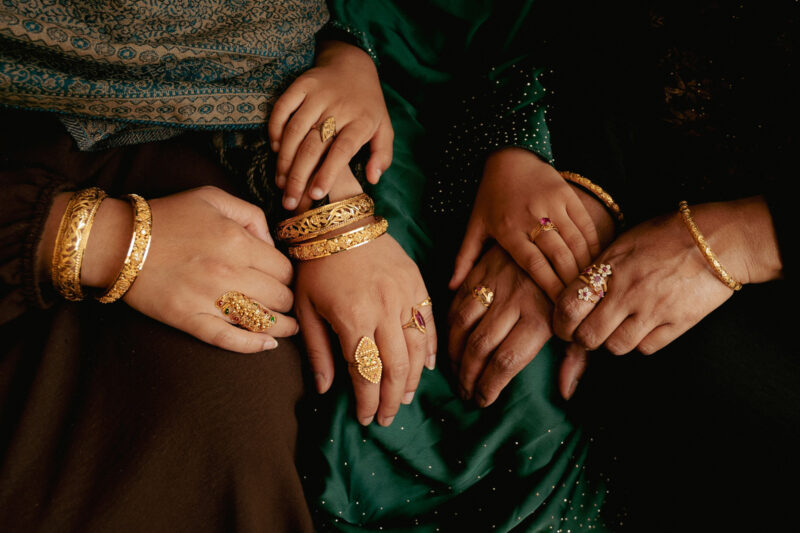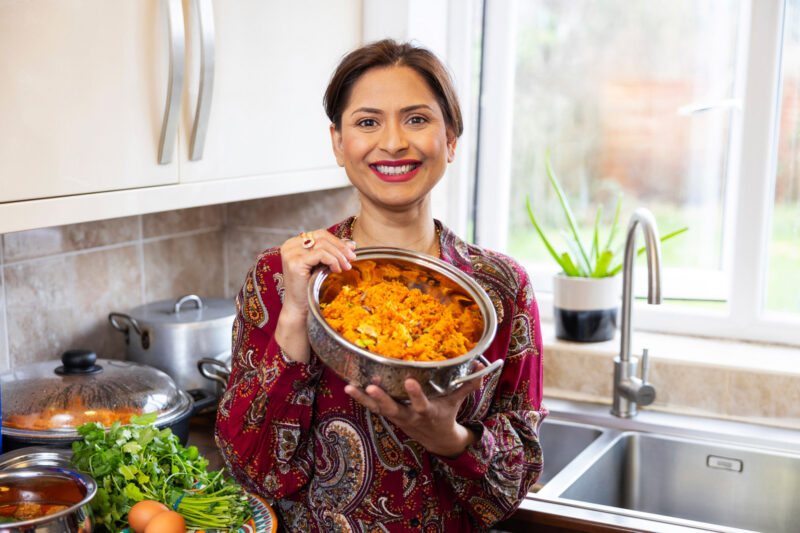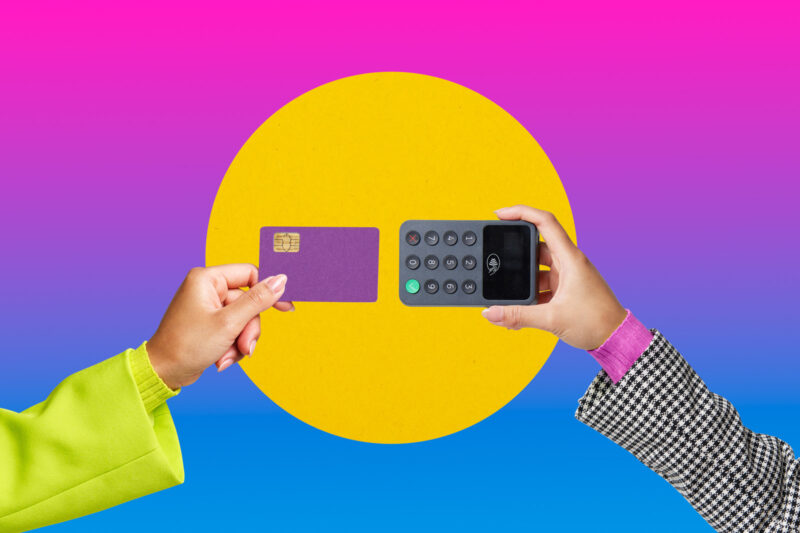The Muslim Finance Girlies are here to help you make the most of your money
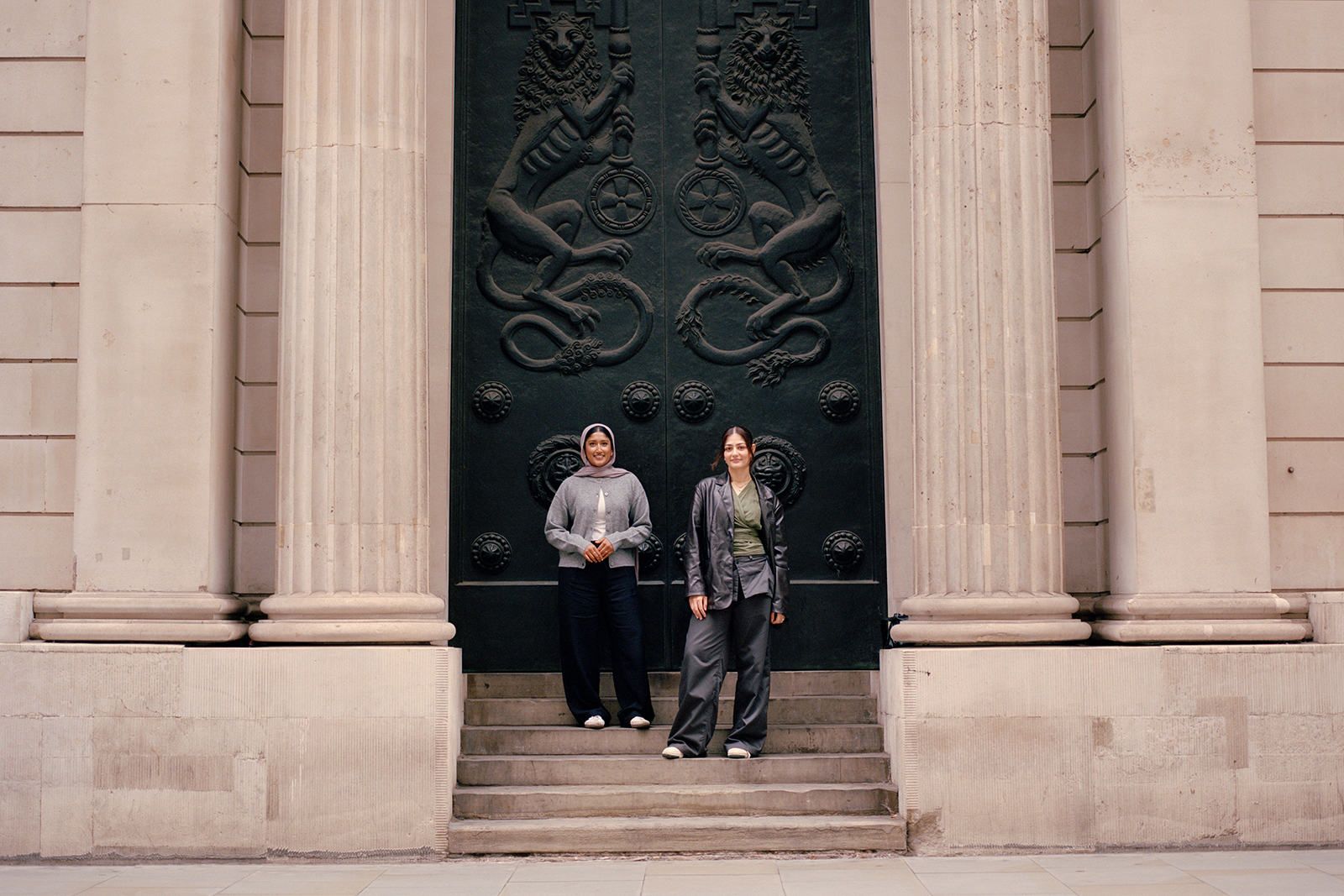
From investment tips to ethical guidance, two friends are giving simple, accessible advice to women on planning for the future
In May, best friends Mashrufa Miah and Hinna Awan, 29, took to social media to launch themselves as the Muslim Finance Girlies. With more than 15 years’ worth of experience in the finance sector between them, their aim is to help Muslim women manage and grow their money through short, fun, accessible videos.
Since launch, the pair have already amassed more than 750,000 views across TikTok and Instagram. “We were recently speaking to this Pakistani guy in his 50s, and he was like ‘Do you know how I came across your videos? My 50-year-old sister sent me your video, and so did my 20-year-old niece’,” says Miah.
Awan and Miah met in the summer of 2015 while completing a 10-week internship at investment bank JP Morgan during their second year of university. At the end of the programme, they were both offered graduate roles at the company, where they went on to start their careers.
“We were both going through the exact same thing of, ‘We’ve now got this big-girl job, so how do we manage our finances? How do we look at pensions, or mortgages?’ We had all of these decisions and none of the knowledge and understanding of how to make them,” Awan says.
Miah adds: “Muslim Finance Girlies was a natural evolution of our lived experiences over the past 10 years. It’s the questions that we’ve asked ourselves. It frustrates me that mainstream education doesn’t teach you about finances. We weren’t taught to understand taxes, to understand pensions. And we found ourselves in our mid-20s still not understanding them.”
Miah and Awan came up with the idea of creating the Muslim Finance Girlies channels after running at-home teaching sessions on investments for their family and friends. The lessons proved to be a hit, often lasting three hours at a time, thanks to all the questions their family had for them.
Miah and Awan’s plan is to break finance down to the “absolute basics” to make it accessible and understandable for viewers of all ages. They say they have received messages from teenagers and women in their 60s. So far, their videos have covered topics such as understanding inflation, myths around investing and what makes gold a solid investment.
Muslim women are firmly at the heart of their mission, but they want their work to be accessible to everyone. “We try to create content that we would like to consume ourselves,” says Miah. “We don’t want to just be using big words and talking about complicated concepts. Let’s go back to key stage one or two levels of ‘what does it mean to manage money?’”
Each video features the hosts chatting on Awan’s living room sofa, delivering bite-sized investment lessons in a casual, conversational style, complete with bloopers, inside jokes and playful editing.
“An important part of all of this is to capture the essence of: I’m sitting down with a friend having this conversation,” says Awan. “We’ve tried to keep it fun, light and girly. We want people to feel like they can ask questions and that it’s OK to not understand it the first time round.”
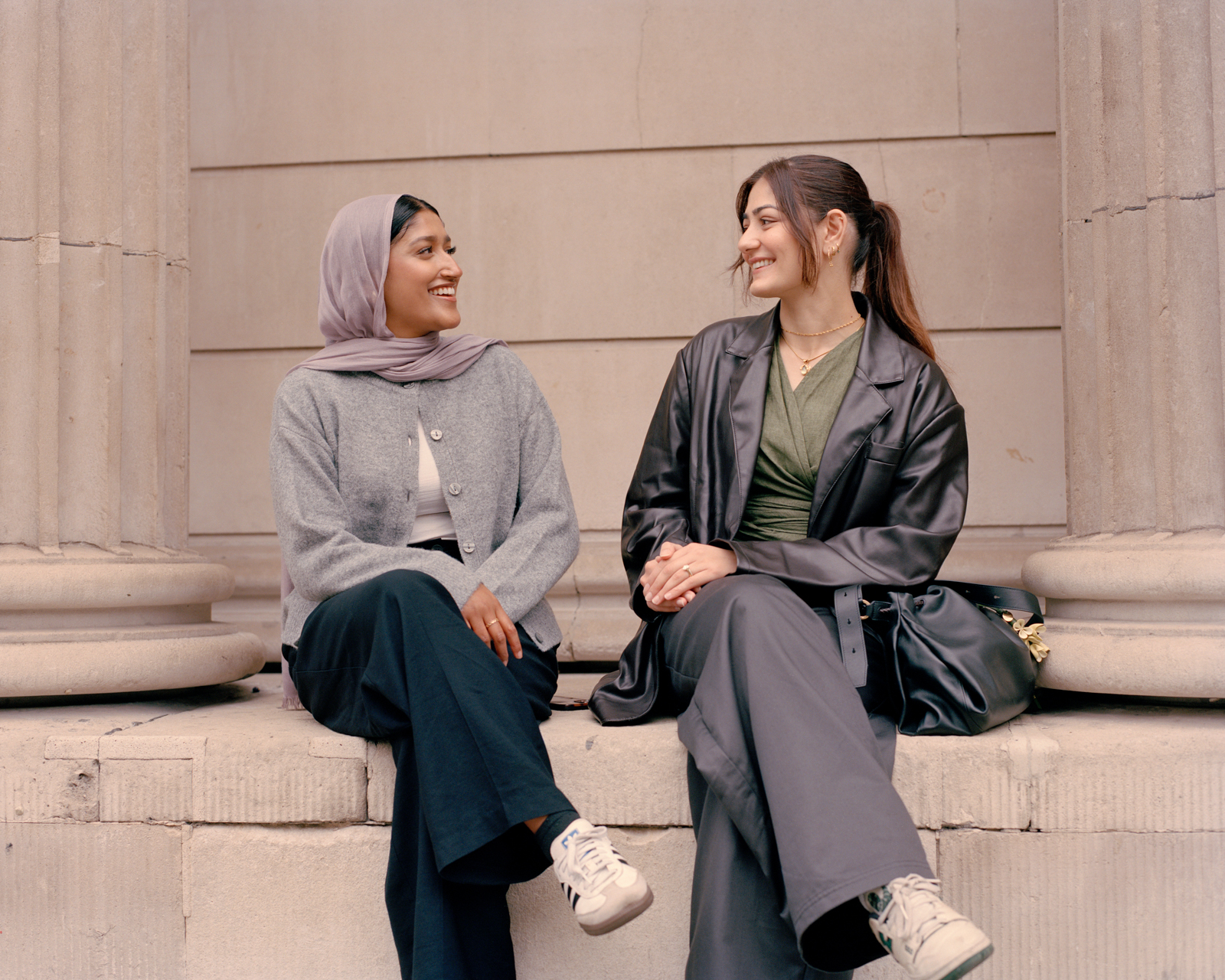
When they first began sharing videos, Miah and Awan received comments from some people who highlighted that in Islam men are perceived to be the “providers”.
“A lot of Muslim women feel like this space isn’t for us, and that finances are for men to deal with,” Awan says. “Yes, Islam does say that men should provide, but individually, if you have money, there’s nothing wrong with looking for ways to grow that.
“You don’t know if you are always going to be in a situation where there is someone to provide for you. So it’s better to have those skills, and to be educated on how to manage your money.”
The pair say they have also had to confront the stereotype that women “tend to be more emotional, and therefore not great investors”. To counter this, they point to research by Warwick Business School, which found that women who invested outperformed men by 1.8% per annum. The research found that women were more careful and less likely to make risky get-rich-quick investments.
In one of their most popular videos, Awan and Miah explain why it’s especially important for women to invest. They highlight that under Islamic law men have a right to a larger share of inheritance, that women spend more time in care-giving roles and less time in work, and that women tend to live longer than men.
“Therefore, they need to be saving more aggressively,” says Awan. “It’s these circumstances that women find themselves in and that they need to protect themselves against.”
Awan also gives the example of Khadija, the wife of the prophet Muhammad, believed to be a successful businesswoman in Makkah. “She funded the prophet at points when he didn’t have wealth. How can we look back at the example of the greatest woman in history, the first person to accept Islam, and think we’ve got nothing to do with finance?”
Awan and Miah say that ensuring investments comply with sharia and are ethical is a primary concern for Muslim women. Miah adds that under the standards set by the Accounting and Auditing Organization for Islamic Financial Institutions (Aaoifi), most sharia-compliant products must meet a threshold of having 5% or less revenue derived from a haram industry, such as alcohol.
While that may be acceptable for some investors, others might not feel comfortable with it. It’s these kinds of decisions that Miah and Awan want to empower women to make.
“That’s where your personal ethics come in,” Miah says. “While Aaoifi says it’s fine, a lot of people just wouldn’t be morally comfortable with that. So you have to be really mindful of where you are investing.”
 Newsletter
Newsletter

